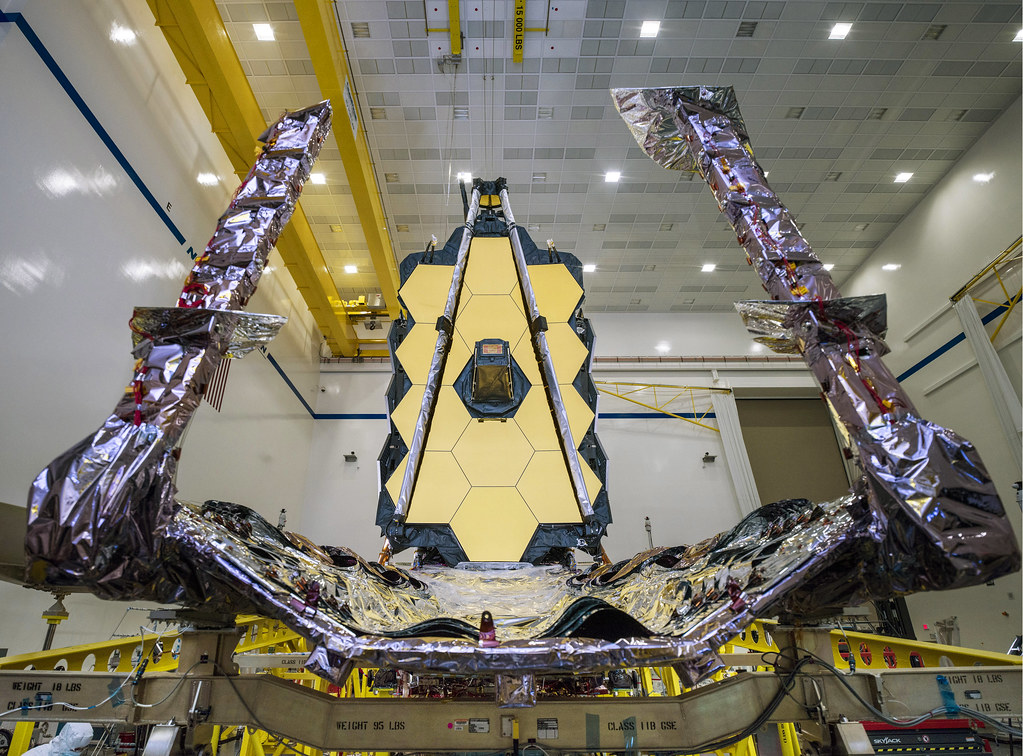Science News Roundup: China urges U.S. to act responsibly in space; NASA launches revolutionary space telescope to give glimpse of early universe and more
Following is a summary of current science news briefs. China urges U.S. to act responsibly in space The Chinese foreign ministry said on Tuesday that the United States ignored obligations under outer space treaties, exposing astronauts to danger.

Following is a summary of current science news briefs.
China urges U.S. to act responsibly in space
The Chinese foreign ministry said on Tuesday that the United States ignored obligations under outer space treaties, exposing astronauts to danger. China urges the United States to act responsibly, Zhao Lijian, spokesperson at the foreign ministry, said at a regular press conference.
Chinese citizens slam Musk online after space station near-misses
Chinese citizens lashed out online against billionaire Tesla founder Elon Musk's space ambitions on Monday after China complained that its space station was forced to take evasive action to avoid collision with satellites launched by Musk's Starlink programme. The satellites from Starlink Internet Services, a division of Musk's SpaceX aerospace company, had two "close encounters" with the Chinese space station on July 1 and Oct. 21, according to a document submitted by China earlier this month to the U.N.'s space agency.
NASA launches revolutionary space telescope to give glimpse of early universe
NASA's James Webb Space Telescope, built to give the world its first glimpse of the universe as it existed when the earliest galaxies formed, was launched by rocket early Saturday from the northeastern coast of South America, opening a new era of astronomy. The revolutionary $9 billion infrared telescope, described by NASA as the premiere space-science observatory of the next decade, was carried aloft inside the cargo bay of an Ariane 5 rocket that blasted off at about 7:20 a.m. EST (1220 GMT) from the European Space Agency's (ESA) launch base in French Guiana.
Japan aims to put a person on the moon by late 2020s
Japan revised the schedule of its space exploration plans on Tuesday, aiming to put a Japanese person on the moon by the latter half of the 2020s. "Not only is space a frontier that gives people hopes and dreams but it also provides a crucial foundation to our economic society with respect to our economic security," Prime Minister Fumio Kishida told a meeting to finalise the plan.
(This story has not been edited by Devdiscourse staff and is auto-generated from a syndicated feed.)










